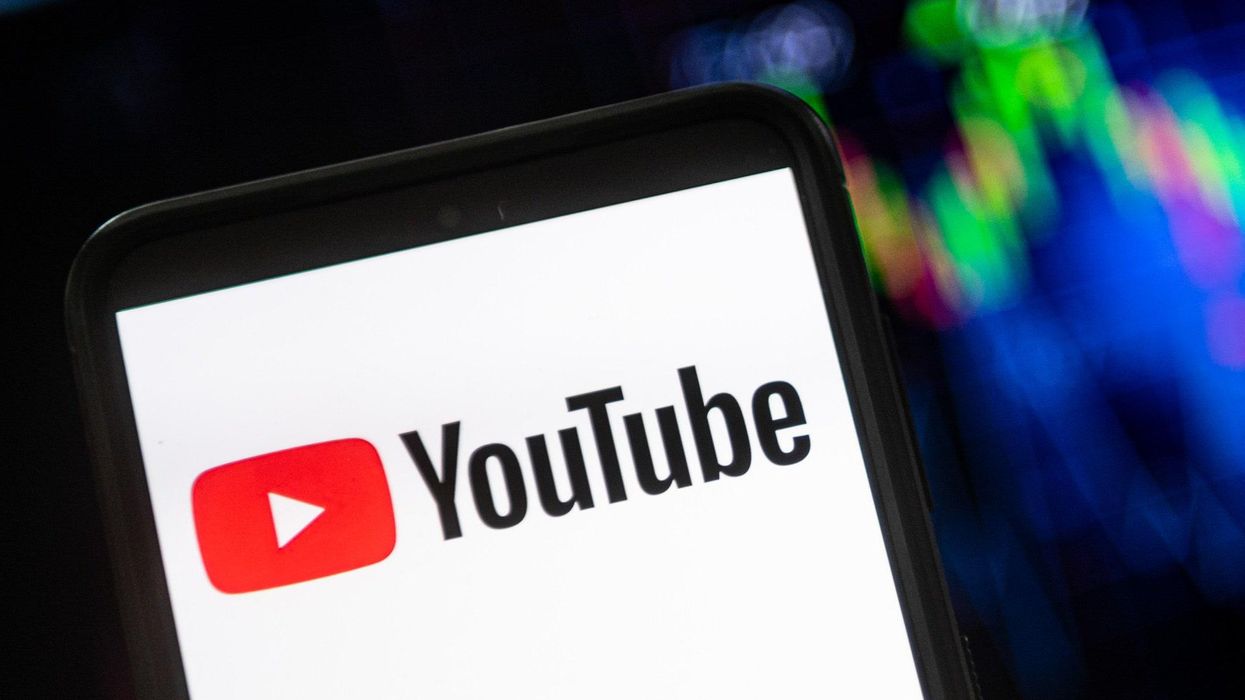Kate Plummer
Oct 12, 2022
YouTube Shorts Looks to Compete with TikTok
Indy
TikTok is profiting from people begging for donations on the platform, a BBC investigation has found.
The broadcaster followed 30 TikTok accounts of displaced families in Syrian camps who livestream on the platform and plead for digital gifts with a cash value. Through setting up accounts and experimenting with streams, they found that the company is taking up to 70 per cent of proceeds.
But TikTok told the publisher its commission from digital gifts was less than 70 per cent and that the content was not allowed on its platform.
The BBC found that so-called "TikTok middlemen", who say they work with agencies affiliated to TikTok to help content creators with livestreams and receive commission from the social media platform, provide families with the phones and equipment to go live.
Then, people ask for virtual gifts like virtual lions and digital roses which cost viewers real money and can be withdrawn from the app as cash.
Sign up to our free Indy100 weekly newsletter
TikTok's rules say you must have 1,000 followers before you can go live, you must not directly solicit for gifts and must "prevent the harm, endangerment or exploitation" of minors on the platform.
But the BBC said that when it reported accounts featuring children begging, TikTok said there had been no violation of its policies in any of the cases.
After the BBC contacted TikTok directly for comment, the company banned all of the accounts.
It said in a statement: "We are deeply concerned by the information and allegations brought to us by the BBC, and have taken prompt and rigorous action.
"This type of content is not allowed on our platform, and we are further strengthening our global policies around exploitative begging."
A spokesperson for TikTok told indy100: “We are deeply concerned by the information brought to us by the BBC. We have taken prompt and rigorous action to remove the accounts that violated our Community Guidelines, terminate our relationship with the agency in question, and write to all our LIVE agencies to remind them of their contractual agreement to adhere to our strict policies. This type of content is not allowed on our platform, and we are further expanding our global policies around exploitative begging."
Have your say in our news democracy. Click the upvote icon at the top of the page to help raise this article through the indy100 rankings.
Top 100
The Conversation (0)














